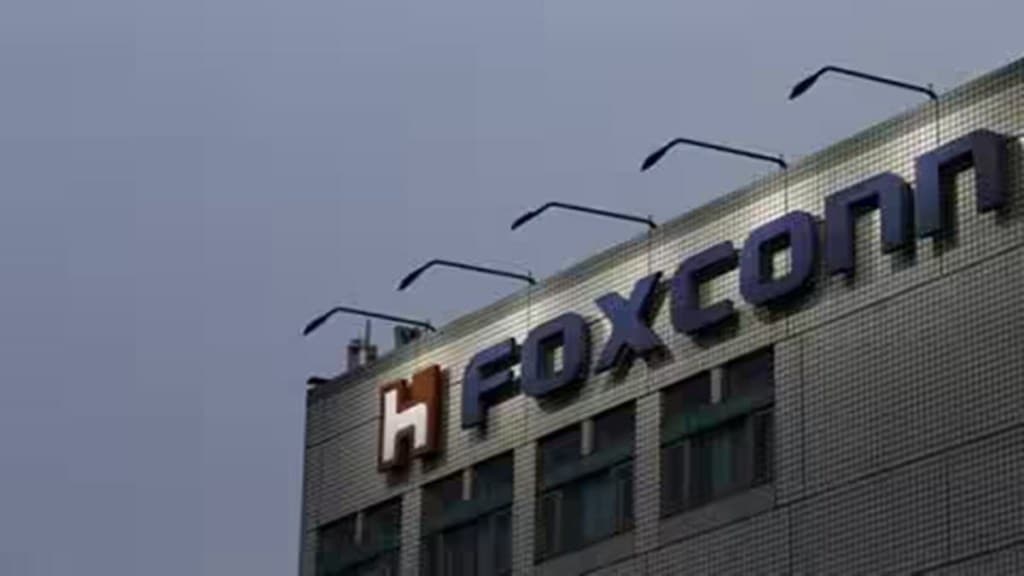Taiwan’s chipmaker Foxconn’s exit from its joint venture with Vedanta has raised critical debate on the chip manufacturing proposition with India.
Foxconn earlier planned to invest $20bn in semiconductor manufacturing in India over the period.
Hon Hai Technology Group (Foxconn) has explained in a statement: “For over a year Hon Hai Technology Group (Foxconn) and Vedanta have worked hard to bring a great semiconductor idea to reality.
However, Foxconn also keeps the door open for further speculation. The statement reads: “We will continue to strongly support the government’s “Make in India” ambitions and establish a diversity of local partnerships that meet the needs of stakeholders. Foxconn is working to remove the Foxconn name from what now is a fully-owned entity of Vedanta. Foxconn has no connection to the entity and efforts to keep its original name will cause confusion for future stakeholders.”
While the much-hyped contract is terminated, the larger impact is also visible on the India-Taiwan bilateral relations.
Lately, Taiwan is pushing for a Free Trade Agreement (FTA) with India, and Foxconn’s exit will only make matters worse.
While a Free Trade Agreement remains the gold standard for trading relationships Taiwan aspires to, the possibility of an India-Taiwan FTA is not on the card. Its absence does not mean trade relations and opportunities cannot be advanced, suggests a former secretary (Economic), Ministry of External Affairs (MEA).
Trade remains the main pillar of India-Taiwan bilateral relations.
On Foxconn’s withdrawal, Rajeev Chandrasekhar, minister of state for electronics and information technology, tweeted that it was well-known that both companies had no prior experience or technology and were expected to source fab technology from a technology partner.
In terms of the bilateral treaty which could potentially transform the trade is limited to the “Double Taxation Avoidance Agreement” and “Customs Mutual Assistance Agreement”.
Foxconn’s exit also throws surprises in the context of the Production Linked Incentive (PLI) that the Indian government offers to investors.
The Centre upgraded the PLI scheme with fiscal support for a Design Linked Incentive (DLI) scheme to drive global and domestic investment related to design software, IP rights etc.
Both companies were targeting their investment based on such incentives.
While Foxconn’s withdrawal makes the Taiwanese investment a difficult proposition, it also impacts the elements of foreign policies.
India’s “Act East Policy” is at the core of foreign policies. Where does Taiwan fit in the overall scheme?
“Given the situation, India does prioritize “Act East Policy” however it does not reflect in our relations with Taiwan,” said the economic secretary.

